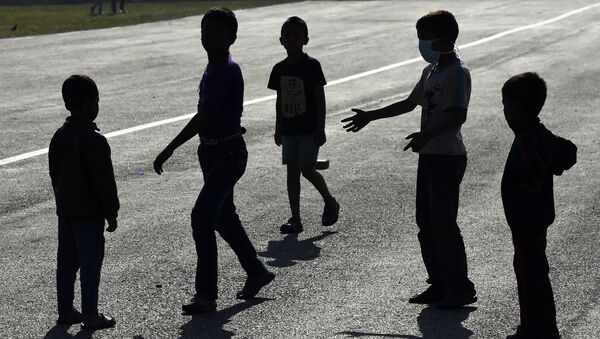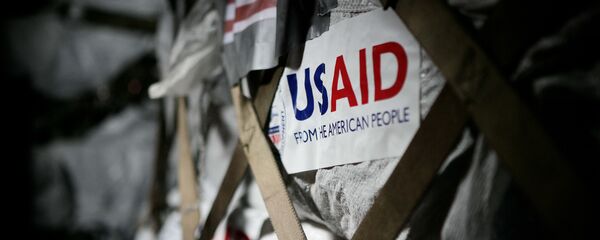"Almost one million children who were enrolled in school before the earthquake could now find they have no school building to return to," UNICEF's Nepal envoy Tomoo Hozumi noted.
A strong 7.8-magnitude earthquake and a series of aftershocks ravaged the country on April 25, killing more than 7,000 people and injuring over 14,000, according to UN estimates.
The quake damaged or destroyed almost 24,000 classrooms, UNICEF said, stressing schools in Nepal are due to reopen on May 15.
"Children affected by the earthquake need urgent life-saving assistance like clean water and shelter, but schools in emergencies – even in a temporary setup – play a vital role too," Hozumi said.
He explained that schools helped children overcome the trauma by regaining a "vital sense of routine that can help them come to terms with their experiences," while a long-term disruption could be devastating for their future prospects.
UNICEF earlier launched a $50-million appeal to support its humanitarian response to the earthquake in Nepal over the next three months, as part of a wider inter-agency flash appeal.



